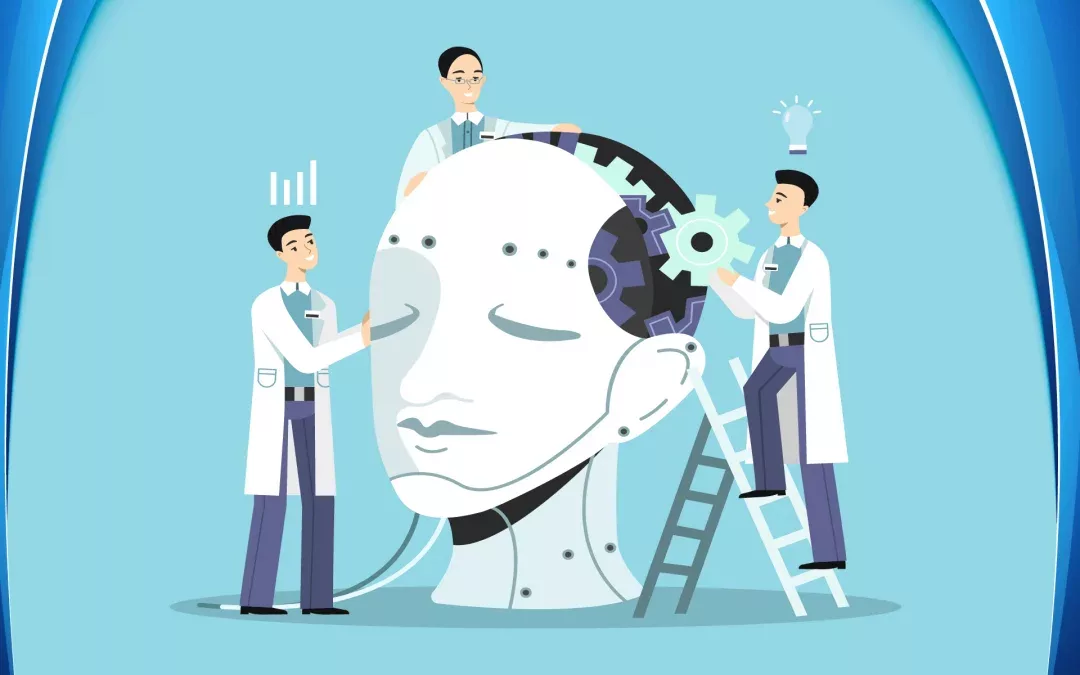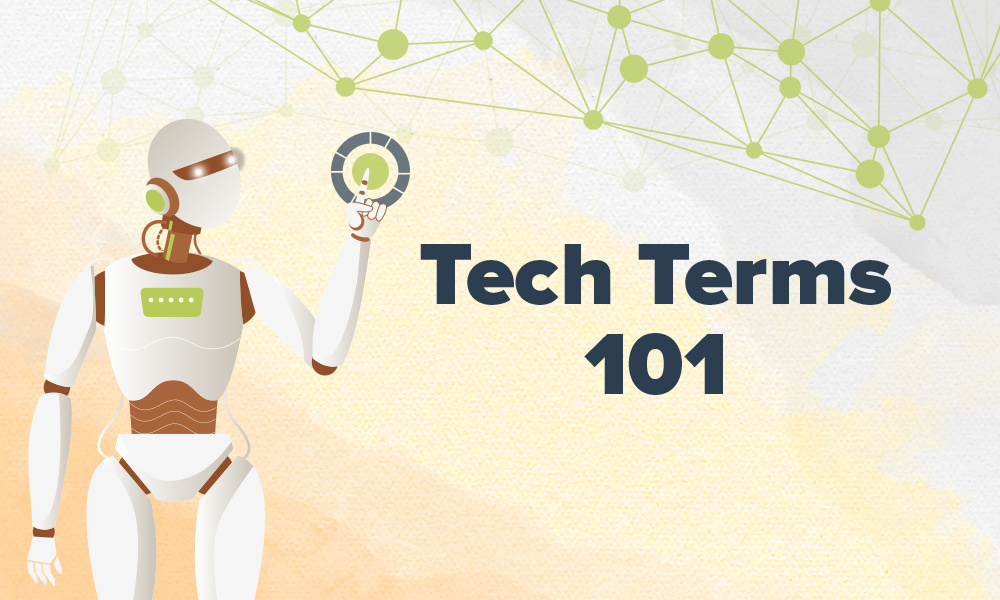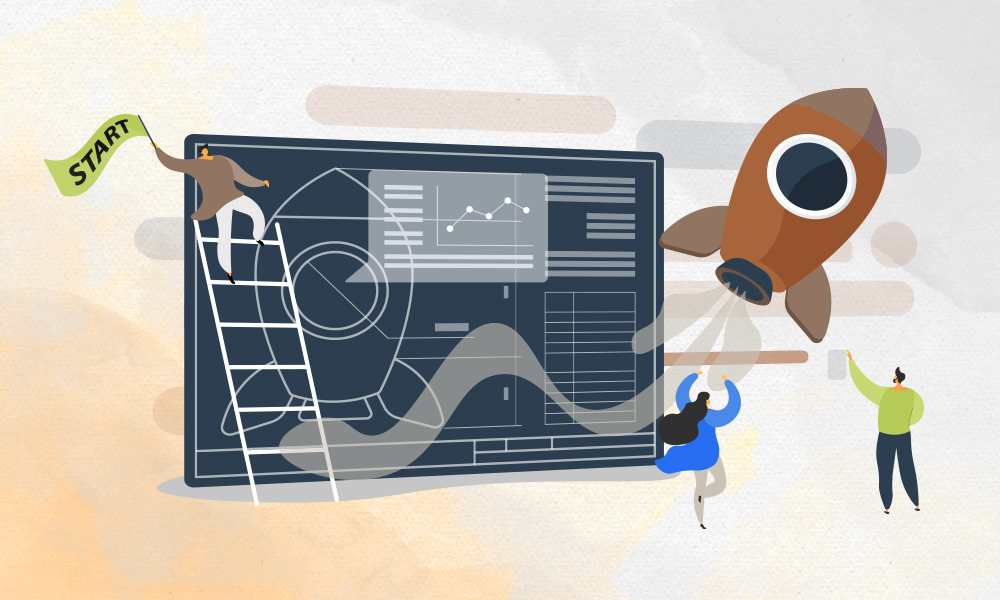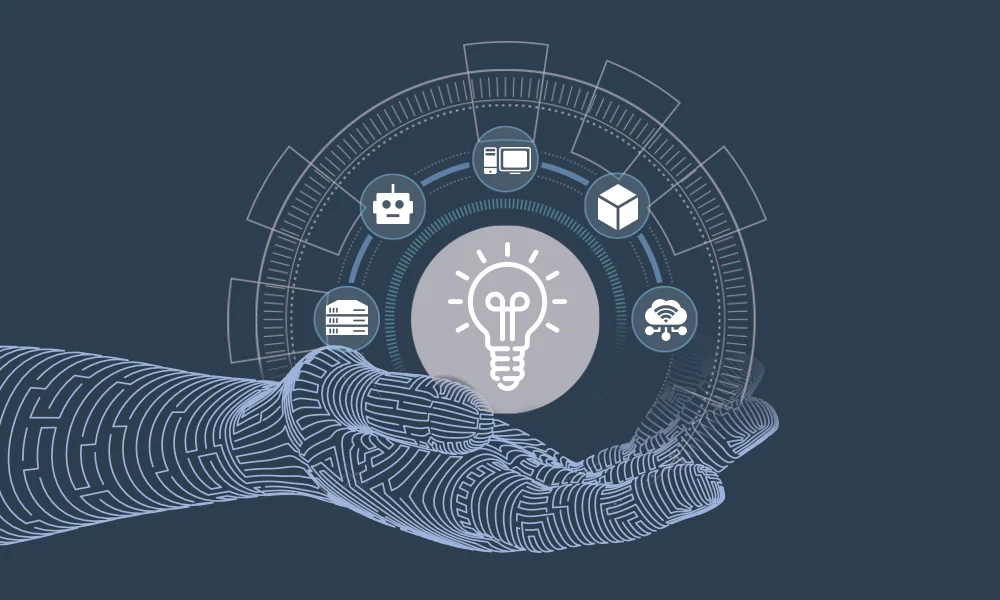Artificial Intelligence has begun to transform how work is done, how decisions are taken and now chatbots and assistants drive interactions. With wider adoption of the technology as we move forward, the story of how the technology brings changes across industries, improve process efficiencies and helps them evolve is unthinkable. However, when organization adopt the Artificial Intelligence, they need to consider what they are trying to achieve with the help of the technology and the ecosystem in which it is going to operate.
What is driving the progress of Artificial Intelligence as Technology?
The research on Artificial Intelligence started as early as 1950s and since then the field was looked up on with high expectations. However, the expectations were met with setbacks at times due to the lack of supporting technology. In the recent years as we all know, the technological world has progressed rapidly, giving a pedestal to AI to take the leap and develop significantly. The factors driving the growth are:
- Moore’s Law: The massive growth in computing power has led to advances in computer systems at low cost. This was not a possibility or even practical a few years ago.
- Internet and Cloud: The exponential growth of the internet and cloud computing has offered humans the possibility to use the dynamic minds around the world and train AI systems.
- Big Data: The massive amount of data which is available through channels like the internet has been a boon for the Artificial Intelligence industry. Industries that work on statistical models to determine future possibilities can predict more accurately because of the availability of large sets of data.
- Machine Learning: With the development of sophisticated algorithms, the performance of machines has improved as the data patterns are more accurately identified leading to correct predictions. What’s more interesting here is many of these algorithms are open-sourced leading to the wholesome development of the machine learning industry.
Benefits of Artificial Intelligence
Organizations and businesses are using AI in diverse business functions. The driving force behind the mass adoption of the technology are potential benefits that any business can reap with the help of the AI technology that go beyond cost savings like:
- enhanced product performance;
- better and faster decision-making;
- improved outcomes;
- optimal resource allocation;
- enhanced efficiency;
- product and service innovation;
- and quicker scaling of operations.
Possibilities with Artificial Intelligence
- Robotics and automation: With the amalgamation of data science, robotics and artificial intelligence, the repetitive manual tasks have been automated and RPA and bots are able to replicate human actions. A perfect fit for the tedious, routine, and information intensive tasks, AI helps organizations to reap significant productivity gains relatively easily.
- Data Insights: Artificial intelligence along with Machine Learning can delve deep into complex data and find patterns that are not so easily identifiable by human minds. This helps organizations to make better decisions and predict future. Like for example Artificial Intelligence can be embedded in sensors and cameras to help gather structured as well as unstructured information in real time.
- Smart assistants and chatbots: AI enabled assistants and chatbots like Alexa, Siri are not only offering customer assistance, they even offer technical support to employees. For e.g. organizations have built chatbots to help employees to reset passwords, and general system failures. This has helped to resolve 80-90% tickets raised for assistance.
Adopting Artificial Intelligence Technology
Yes, we all know that as Artificial technology offers various benefits to an organization. However, when you are about to take a decision to adopt the technology, it should be well considered and grounded in reasonable expectations. We suggest some of the guidelines which one can consider before taking the big jump.
- A deep understanding of the technology – don’t just look for the positives, you need to know the other side of the coin too!
- Take advantage of the present organizational strengths and expertise, and then think of hiring new resources.
- AI is not just about automations and cost reduction. We suggest understanding the full range of benefits artificial intelligence shall offer to your organization.
- Take small steps while adopting any new technology including AI. As a result, you are less likely to come across failures.
Hurdles you may come across while adopting AI
Even though most industries have already adopted AI, it is still an emerging technology (in its infancy) in terms of processes and offerings. In case your competitor has adopted AI, it doesn’t mean you are also ready to take the plunge; within the same industry also, the levels of adoptions vary.
- Difficulty in Integration: One of the hurdles in adopting Artificial Intelligence is its integration with the current systems and workflows. In case the technology is being incorporated to automate or enhance a particular task and not the entire process, we suggest re-considering the adoption feasibility.
- Lack of understanding: Organizations still lack the understanding on how to use Artificial Intelligence to meet the business needs. Moreover, organizations who have been able to integrate the technology successfully, need to utilize the data collected for training algorithms and creating processes.
- Shortage of technical talent: Another difficulty that businesses are facing is the lack of availability of human resources with the right technical experience and expertise. We suggest that businesses which lack in in-house expertise may approach AI service providers.
- Management challenges: Infrastructural changes with technology comes with obvious challenges for the management. The employees may need to acquire new skills and therefore, running an internal up-skilling program is what we suggest for growing technological improvement and learning.
Final Thoughts
It is necessary for businesses to remember that Artificial Intelligence as a technology alone doesn’t offer competitive advantage. AI may replace some human tasks and offer insights for decision making however, sustainable business advantage is more likely to be gained by enhancing and improving human capabilities and not by substituting or imitating them.




